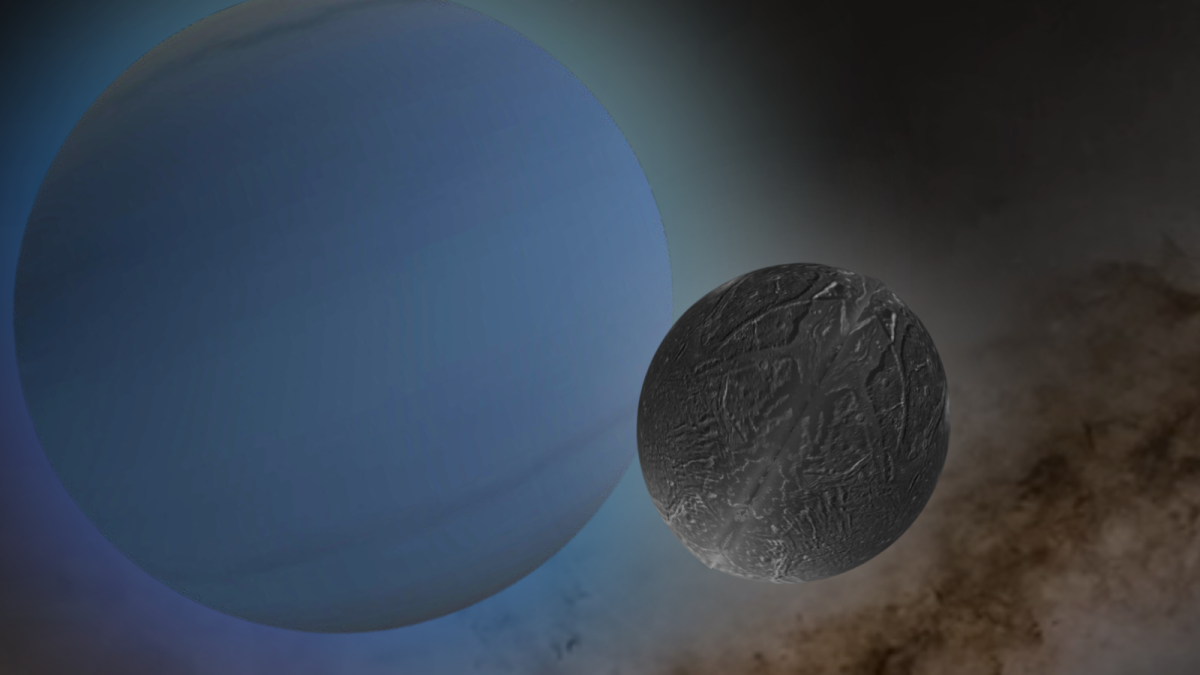A moon of Uranus could have a hidden ocean, James Webb Space Telescope discovers
When you buy through links in our articles, Future and its syndication partners may earn a commission. An illustration shows the moon Ariel orbiting the ice giant Uranus. | Credit: Robert Lea (created with Canva)/NASA Using the James Webb Space Telescope (JWST), astronomers have discovered that Ariel, a moon of Uranus, may be hiding in … Read more
